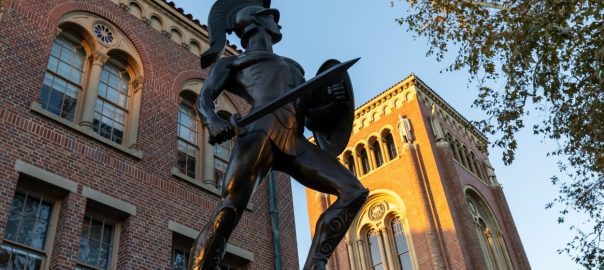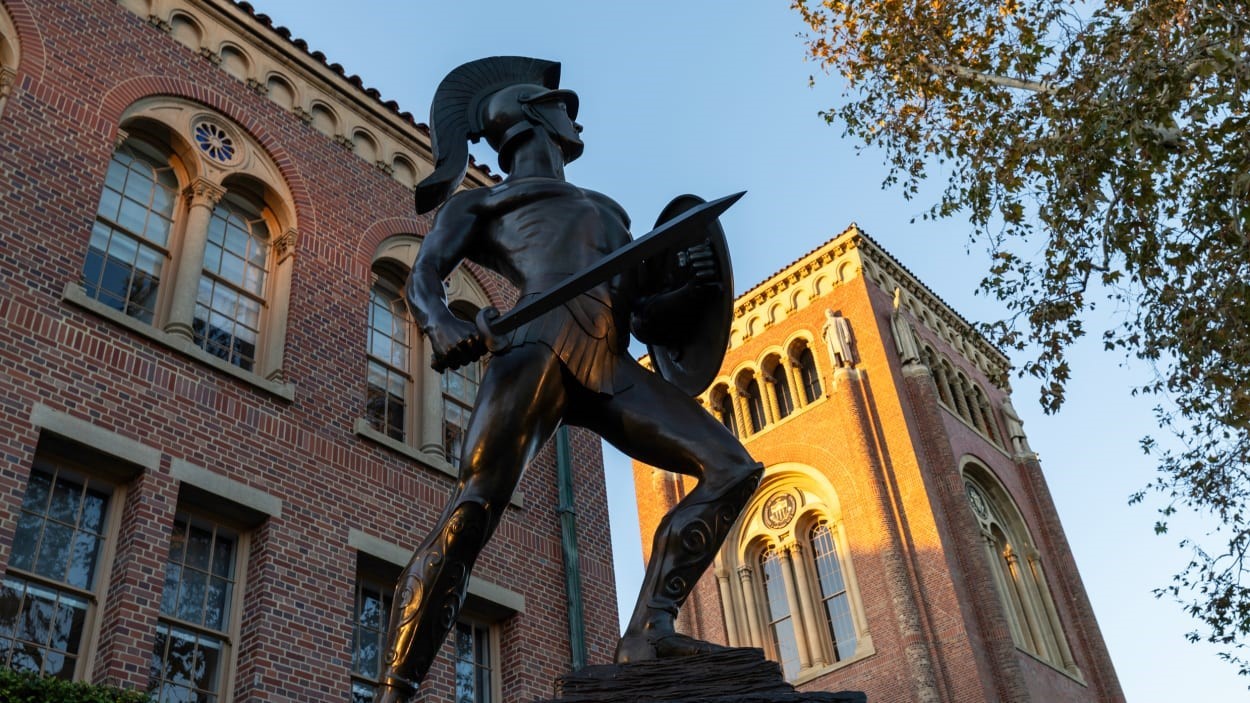By Paul Adler
It is the last session of my MBA course on business and environmental sustainability and the room is buzzing. After a semester studying how businesses can help tackle climate change, students are about to vote on whether voluntary action by the private sector will be enough, or, if not, what alternative they recommend. I have assigned readings across the ideological spectrum, from enthusiasm for green business to arguments for stronger government action like carbon taxes to calls for a socialist transformation.
What I don’t share with my students are my own beliefs, which would probably surprise them. I am a socialist. And while it might seem strange to find a socialist professor teaching at a top business school, I believe every business school should have some.
Today, the world’s most serious efforts to address climate change—whether that’s the Biden administration’s Inflation Reduction Act or China’s massive push into renewables and electric vehicles—place governments in the leading roles, not just supporting ones. In the United States, as elsewhere, the climate crisis is encouraging a shift toward socialism, in both democratic and authoritarian forms. But mainstream economic theories often leave us on the back foot in the face of these trends.
Mainstream economic theories typically allow governments to play useful supporting roles in addressing market failures (like the harmful externalities of CO2 emissions, for example) by taxing or regulating industry. But these theories have a strong capitalist bias, leading many to assume that government failure in the form of capture, cronyism, corruption, and misallocation of resources would be even more debilitating than the pervasive market failures that created the climate crisis.
I’m a socialist because I am optimistic that we can overcome government failures and govern our economy effectively, rather than letting the markets govern us. And I think we can do that democratically. Where mainstream theories celebrate the market’s efficiency and highlight government failures, I find market failures like climate change too alarming to ignore, and I have more faith in democracy—rule not by markets, but of, by, and for everyday people.
As a professor, however, I don’t proselytize. My goal is not to convert anyone, but to broaden the conversation and equip students to make sense of the world around them and the debates that shape that world.
Back in the classroom, my MBA students vote for the article that best reflects their own views. Many are surprised to see half the class raising a hand for socialism. Some who voted socialist seem a bit embarrassed, perhaps concerned that they aren’t thinking like future business leaders are supposed to. They rush to add caveats about the practical obstacles to a fully socialist system and express openness to more modest steps. But something wonderful has happened. My students have made a leap to a much more nuanced understanding of both capitalism and socialist alternatives. And I believe that new understanding will make them more effective as business leaders and as citizens.
My students’ openness to different economic viewpoints may seem surprising. After all, this is the U.S., and these are business school students. But while most of my students are seeking financial security and success, they’re also concerned, like many of their generation, about grand challenges such as climate change and poverty.
Moreover, socialist ideas are not as foreign to my MBA students as you might imagine. After all, some aspects of socialism are already present within American capitalism today. Consider the substantial and growing role the government plays in funding scientific research, investing in clean energy, and providing essential services like education, infrastructure, and healthcare. Using tax revenue to fund democratically-determined national priorities—that’s socialism.
Within the business world itself, socialistic practices are making progress. Indeed, many of the CEOs of our largest companies behave like closeted socialists. In public, they defend markets and competition, but within their own companies, they do not leave their various business units to compete individually. Instead, they pool resources across units, promote strategic collaboration, and encourage employee participation in decision-making to foster innovation and secure buy-in.
Experience working in such organizations makes socialist ideas seem rather natural. One of my recent papers shows how these socialistic planning processes being implemented by corporate leaders could be scaled up for use by national governments in democratically planning our response to the climate crisis.
With the growth of cooperation within and between firms, and with the increasing role of government in steering the economy to achieve shared goals like emissions reductions, the idea of socialism is ever less foreign. Some are optimistic and others pessimistic about this trend—but business schools should be preparing our students to engage in that debate. It’s time to hire more socialists in business schools.
(21)
Report Post







